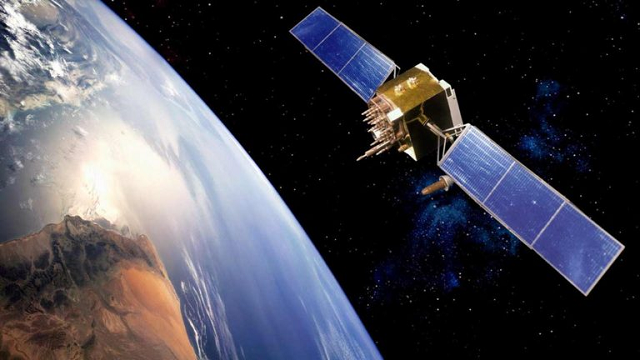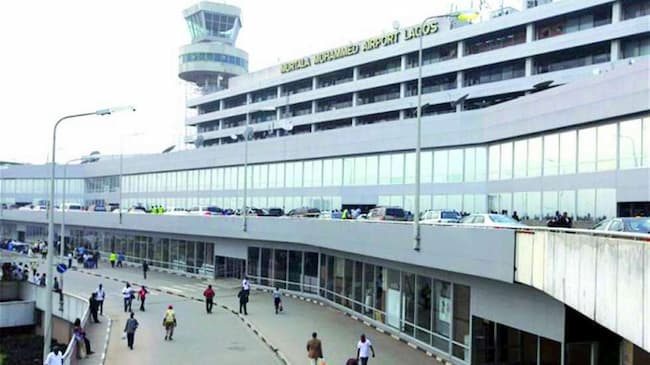The European Union (EU) has laid out proposals for a €6 billion “space-based secure communication system” that would “ensure the long-term availability of worldwide uninterrupted access to secure and cost-effective satellite communication services.”
The communication service is also expected to allow for the provision of commercial services by the private sector that can enable access to advanced, reliable and fast connections to citizens and businesses across Europe, including in communication dead zones ensuring cohesion across member states.”
The system would also provide broadband connectivity across Africa and in the Arctic Circle. The EU estimated the total cost of the planned network will be €6 billion, with the EU to pitch in €2.4 billion between 2022 and 2027, with the rest coming from member states, the European Space Agency and private sector investors.
The EU noted in a report that in today’s digital world, space-based connectivity is a strategic asset for EU’s resilience because it enables economic power, digital leadership and technological sovereignty, competitiveness and societal progress. Secure connectivity has also become a public good for European governments and citizens.
According to the report, both governmental user needs and satellite communication solutions are changing rapidly. The EU space-based secure communication system seeks to meet these increased and evolving needs, and will also include the latest quantum communication technologies for secure encryption. It will be based on the development of innovative and disruptive technologies, and on the leveraging of the New Space ecosystem.
Accordingly, the funding for the project will come from different sources of the public sector (EU budget, Member States, European Space Agency’s (ESA) contributions) and private sector investments.
This initiative is expected to boost the competitiveness of the EU space ecosystem, as the development of a new infrastructure would provide a gross value added (GVA) of €17-24 billion and additional jobs in the EU space industry, with further positive spill-over effects on the economy through the downstream sectors using the innovative connectivity services. Citizens would also benefit from the technological advantages, reliability and operational performance of such satellite communication services ensuring high-speed Internet connections across the EU.
With an exponential increase in the number of satellites in orbit due to new developments in reusable launchers, small satellites and private initiatives in space, the report observed that resilience and safety of EU and Member States’ space assets are at serious risk.
It observed that it is critical to protect the long-term viability of space activities by ensuring that space remains a safe, secure and sustainable environment.
“This makes Space Traffic Management a priority public policy issue, which requires the EU to act now, collectively and at a multilateral level, if we are to ensure a safe, secure and sustainable use of space for the generations to come.
“Against this background, the Joint Communication establishes an EU approach on Space Traffic Management. The goal is to develop concrete initiatives, including operations and legislation, to promote the safe, secure and sustainable use of space while preserving the EU’s strategic autonomy and industry‘s competitiveness,” it stated.
The High Representative of the Union for Foreign Affairs and Security Policy, Josep Borrell, stated: “Space has become more crowded than ever, increasing the complexity and the risks related to space operations. To address this global challenge, we propose today an EU approach to Space Traffic Management. We will develop concrete capabilities, set norms and engage with key partners and in multilateral fora to ensure a safe, secure and sustainable use of space. While STM is a civilian endeavour, European security and defence depend on a safe, secure and autonomous access to space.”
Commissioner for the Internal Market, Thierry Breton, said: “Space plays a growing role in our daily lives, our economic growth, our security, and our geopolitical weight. Our new connectivity infrastructure will deliver high-speed Internet access, serve as a back-up to our current internet infrastructure, increase our resilience and cyber security, and provide connectivity to the whole of Europe and Africa. It will be a truly pan-European project allowing our many start-ups and Europe as a whole to be at the forefront of technological innovation.”












